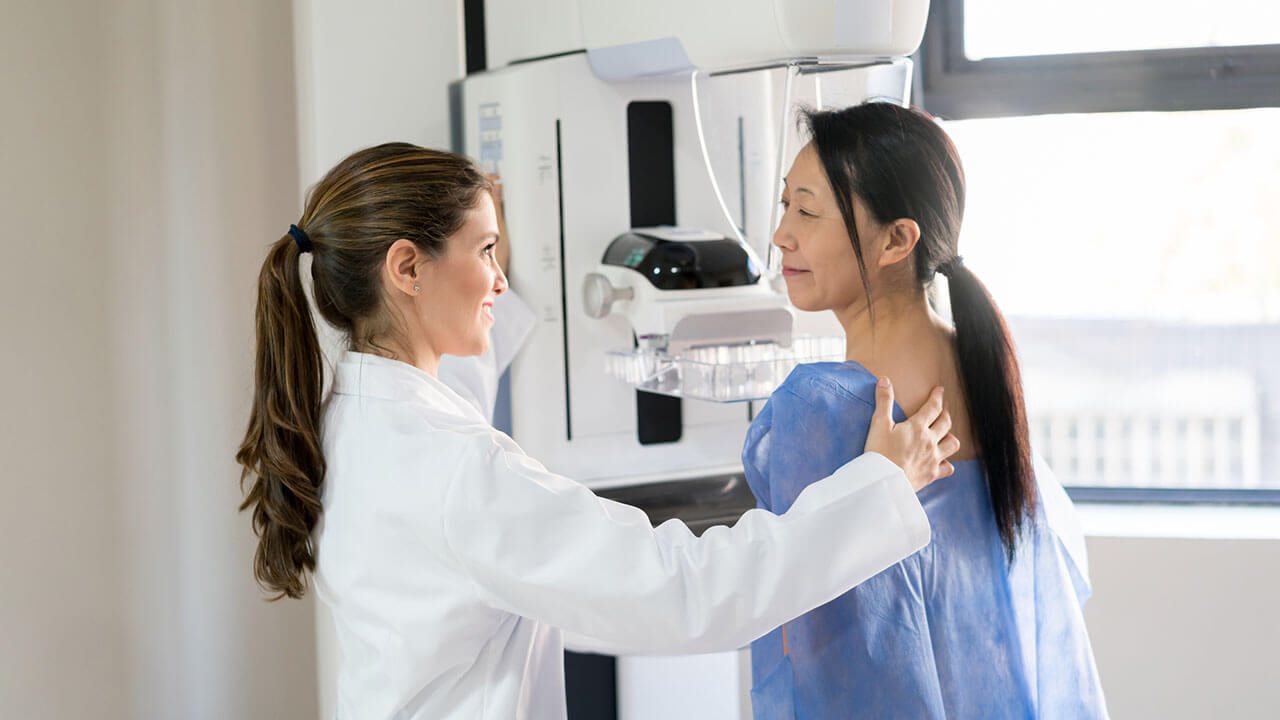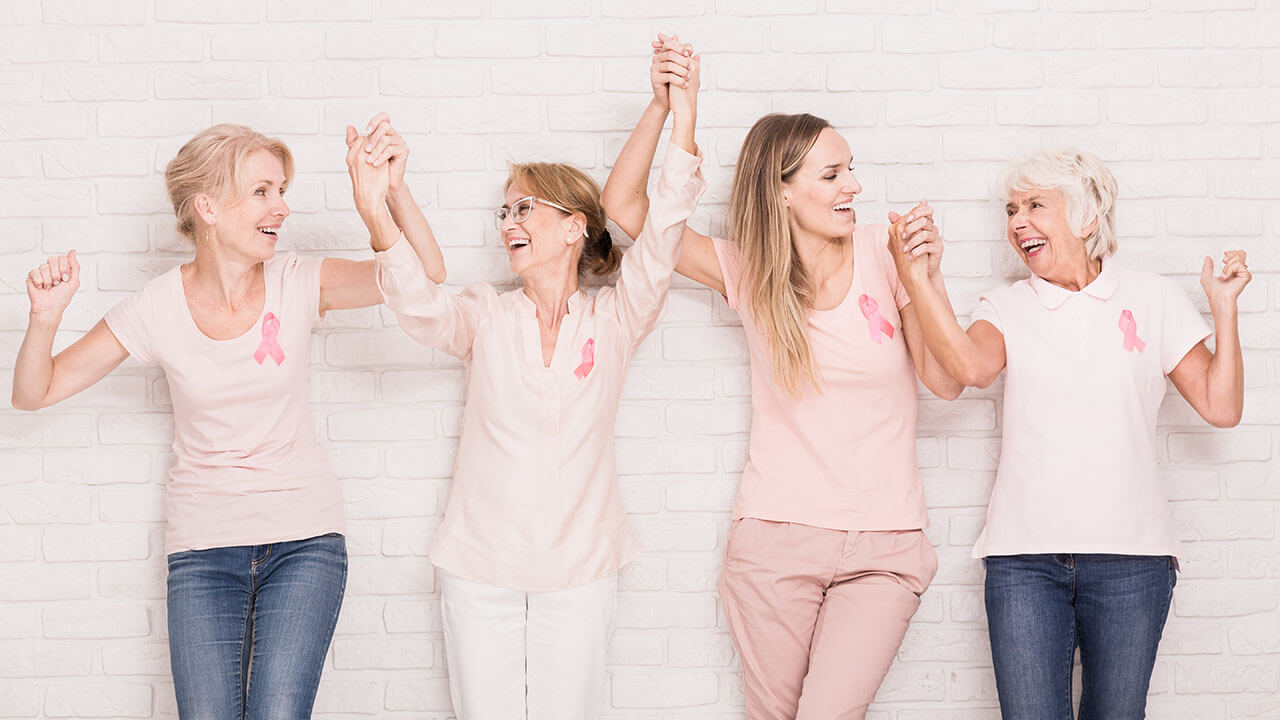Factors that influence the chances of getting breast cancer


There are, surprisingly, many factors that can contribute to the cause of breast cancer in women and men. If you have any of these, that doesn’t guarantee that you will get breast cancer. Consider these as really good reasons to talk to your doctor about your options for screening and risk assessment:
Learn more at breast360.org.
- Increasing age: The risk of breast cancer increases with age.
- Inherited breast cancer: Doctors estimate that about five to 10 percent of breast cancers are linked to gene mutations passed through generations of a family. The most well-known are breast cancer gene 1 (BRCA1) and breast cancer gene 2 (BRCA2), both of which significantly increase the risk of both breast and ovarian cancer. If you have a strong family history of breast cancer or other cancers, your doctor may recommend a blood test to help identify specific gene mutations. You may want to consider asking your doctor for a referral to a genetic counselor, who can review your family health history. A genetic counselor can also discuss the benefits, risks and limitations of genetic testing to assist you with shared decision-making.
- Dense breasts: The glandular (milk-producing) and connective tissue of the breast appear white on a mammogram. In contrast, fatty tissue of the breast is not dense and appears dark. Women who have a high percentage of breast tissue that appears dense on a mammogram have a higher risk of breast cancer than women of similar age who have little or no dense breast tissue. In general, younger women have denser breasts than older women. As a woman ages, the amount of glandular tissue normally decreases and the amount of fatty tissue increases. Abnormalities, such as tumors, in dense breasts can be more difficult to detect on a mammogram because tumors often also appear white.
- Personal history of breast cancer: Women who have had breast cancer are more likely to develop a second breast cancer.
- Radiation therapy: Women who had radiation therapy to the chest before age 30 have an increased risk of developing breast cancer. Studies show that the younger a woman was when she received treatment, the higher her risk of developing breast cancer later in life.
- Alcohol: Studies indicate that the more alcohol a woman drinks, the greater her risk of breast cancer.
- Having never been pregnant: Women who have never been pregnant have a greater risk of breast cancer than do women who have had one or more pregnancies.
- Reproductive and menstrual history: Women who had their first menstrual period before age 12 or who went through menopause after age 55 have an increased risk of developing breast cancer. Women who had their first full-term pregnancy after age 30 or who have never had a full-term pregnancy are also at increased risk of breast cancer.
- Long-term use of menopausal hormone therapy: Women who used combined estrogen and progestin menopausal hormone therapy for more than five years have an increased chance of developing breast cancer.
- DES (diethylstilbestrol): The drug DES was given to some pregnant women in the United States between 1940 and 1971 to prevent miscarriage. Women who took DES during pregnancy have a slightly increased risk of breast cancer. Women who were exposed to DES in utero, those whose mothers took DES while they were pregnant, may have a slightly increased risk of breast cancer after age 40.
- Body weight: The chance of getting breast cancer is higher in women who are overweight or obese than in women of a healthy weight.
- Physical activity level: Women who are physically inactive throughout life may have an increased risk of breast cancer.
- Race: In the United States, breast cancer is diagnosed more often in white women than in African American/black, Hispanic/Latina, Asian/Pacific Islander, or American Indian/Alaska Native women.
Learn more at breast360.org.



